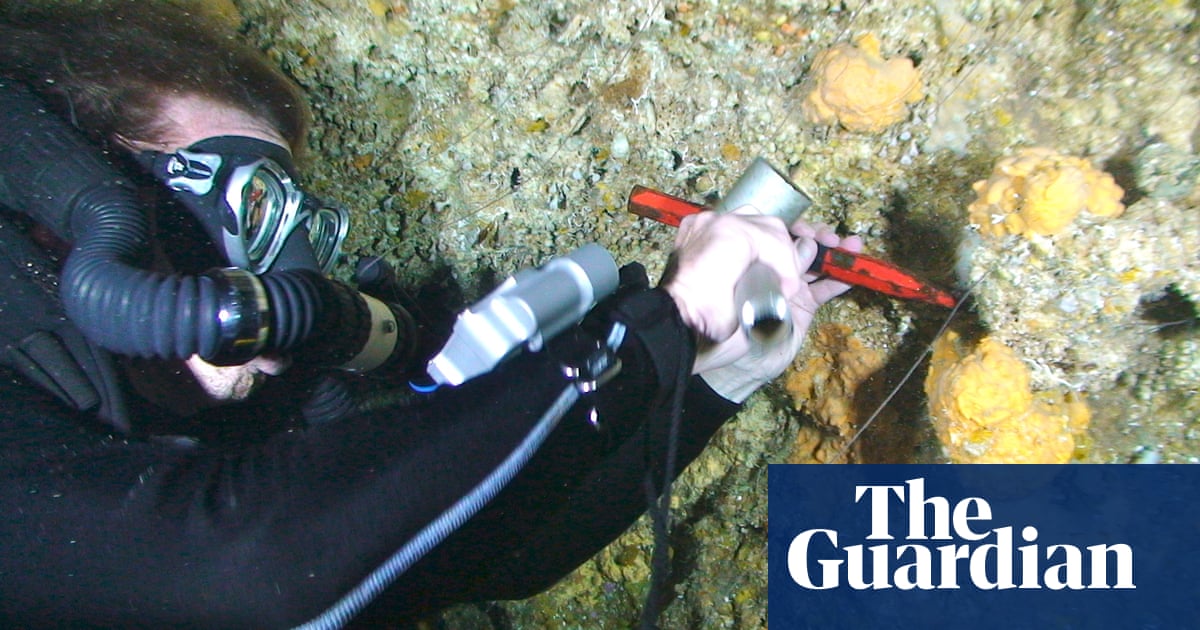Findings in leading scientific journal that globe has breached key warming milestone challenged by climate science experts
Between 30 metres and 90 metres below the surface of the Caribbean Sea, an ancient sponge species that grows a hard skeleton has been quietly recording changes in the ocean temperature for hundreds of years.
Now those sponges are at the centre of a bold and controversial claim made in a leading scientific journal that, since the start of the Industrial Revolution, the planet may have already warmed by 1.7C – half a degree more than estimates used by the United Nation’s climate panel.
Several leading scientists urged caution, saying the research had “over-reached” and questioned whether such a bold claim could be made based on one sponge species from a single location.
But Prof Malcolm McCulloch of the University of Western Australia, who led the research published in the journal Nature Climate Change, said the results were robust.



you’ve obviously never read a scientific paper… if you understood anything about science, you would see that this method of determining sea temperature changes produces a dataset that is much more reliable than the data we have been referring to…
One published paper is never sufficient to claim anything as fact. To suggest otherwise is purely ignorance.
He’s clearly trolling and arguing in bad faith.
that’s exactly how science comes into existence… one study and paper at a time… whoever taught you otherwise was lying or stupid…
No is arguing otherwise.
One paper does not make a “fact”. Years of established research and widespread consensus barely justifies labeling a subject as a “fact”.
Have you already forgotten the room temperature superconductor claims from last year?
Let me be absolutely clear. I am in no way trying to discredit this paper. I see no reason to question their findings, it’s good science and absolutely should be followed up on. However, I take strong exception to people jumping on any half decent study and treating it as gospel.
That’s good it means this experiment should be easy to reproduce.